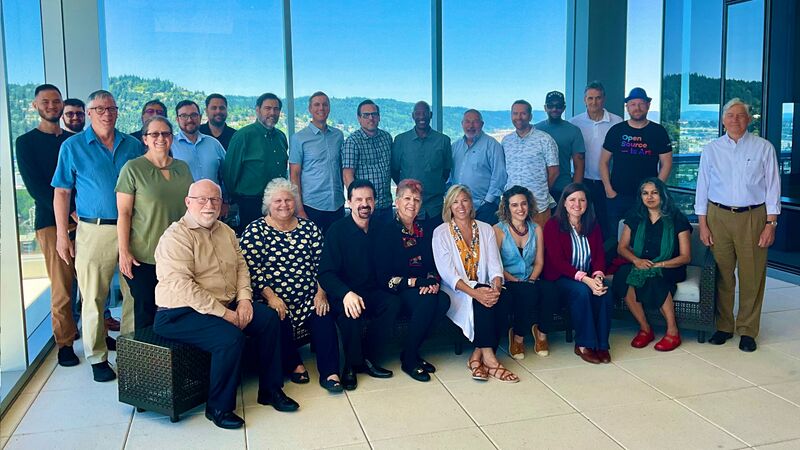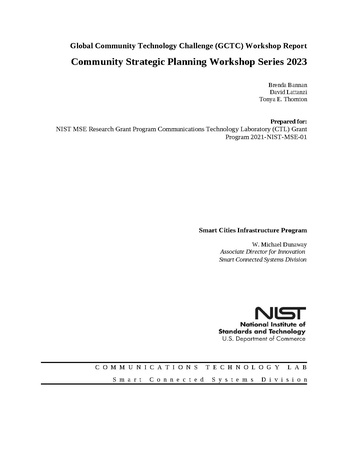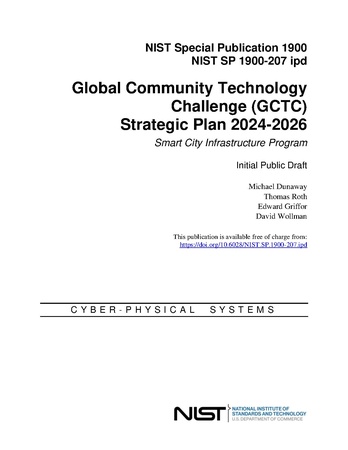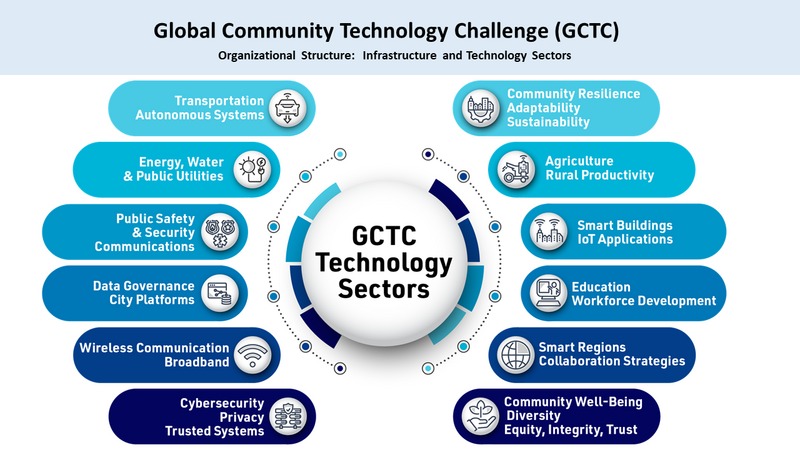Main Page: Difference between revisions
No edit summary |
No edit summary |
||
| Line 35: | Line 35: | ||
[[File:GCTC Org Structure.png|x450px|link=https://www.nist.gov/ctl/smart-connected-systems-division/iot-devices-and-infrastructures-group/smart-americaglobal-0]] | [[File:GCTC Org Structure.png|x450px|link=https://www.nist.gov/ctl/smart-connected-systems-division/iot-devices-and-infrastructures-group/smart-americaglobal-0]] | ||
<span style="padding: 0px 0px 0px 0px; border-radius: 0px; background-color: #FFFFFF;"> <span style="font-family:Arial; font-size: 14pt; font-weight: 300;">NIST has received public and stakeholder comments, with a final version now available as a free download [https://nvlpubs.nist.gov/nistpubs/SpecialPublications/NIST.SP.1900-207.pdf from NIST] and [[NIST.SP.1900-207.pdf|here]].</span></span> | <span style="padding: 0px 0px 0px 0px; border-radius: 0px; background-color: #FFFFFF;"> <span style="font-family:Arial; font-size: 14pt; font-weight: 300;">NIST has received public and stakeholder comments, with a final version now available as a free download [https://nvlpubs.nist.gov/nistpubs/SpecialPublications/NIST.SP.1900-207.pdf from NIST] and [[Media:NIST.SP.1900-207.pdf|here]].</span></span> | ||
</div> | </div> | ||
</div> | </div> | ||
Revision as of 17:16, July 12, 2024
Strategy Workshop
In 2014, the National Institute of Standards and Technology (NIST) launched an innovative program to help cities improve on successes and build consensus for standards. Known originally as the Global City Teams Challenge and now as the Global Community Technology Challenge (GCTC), this group of community, industry, academic, and government stakeholders serves as a collaborative forum to identify, generate and implement advanced technologies for smart and connected communities.
In 2022, NIST awarded funding to George Mason University (Mason) to conduct a two-part workshop series to develop an integrative and supportive community-centric strategy to inform, strengthen and expand the GCTC program, in an effort to facilitate and enhance advanced technology research, development, and application and develop mission and vision statements to guide the future of the organization.
On January 25 2024 the results of this report were publisher in the GCTC Workshop Final Report. These workshops provided material from which the Strategic Plan (2024-2026) was developed
Strategic Plan (2024-2026)
The GCTC program has recently published its first Strategic Plan (2024-2026), which describes a 3-year program of research and development and reaffirms a continuing collaboration between the federal smart cities program led by NIST and communities, cities, and regions across the country. Developed in collaboration with 28 community leaders of the GCTC program, the Strategic Plan has three key goals:
- Establish a research-based, scientific foundation for the NIST Smart Cities Infrastructure program, the GCTC, and the broader smart cities community.
- Broaden the scope and agenda for smart cities to address current challenges and achieve the equitable distribution of outcomes for community residents, businesses, and organizations.
- Enhance the national public-private partnership of smart city programs, research institutions, private sector enterprises, and the next generation of community leaders, scientists, and researchers.
The GCTC is organized into twelve Technology Sectors, illustrated below, corresponding with city infrastructure, services, and programs that can benefit from the integration of advanced technologies to enable digital transformation and improve overall quality of life for community residents.
NIST has received public and stakeholder comments, with a final version now available as a free download from NIST and here.




